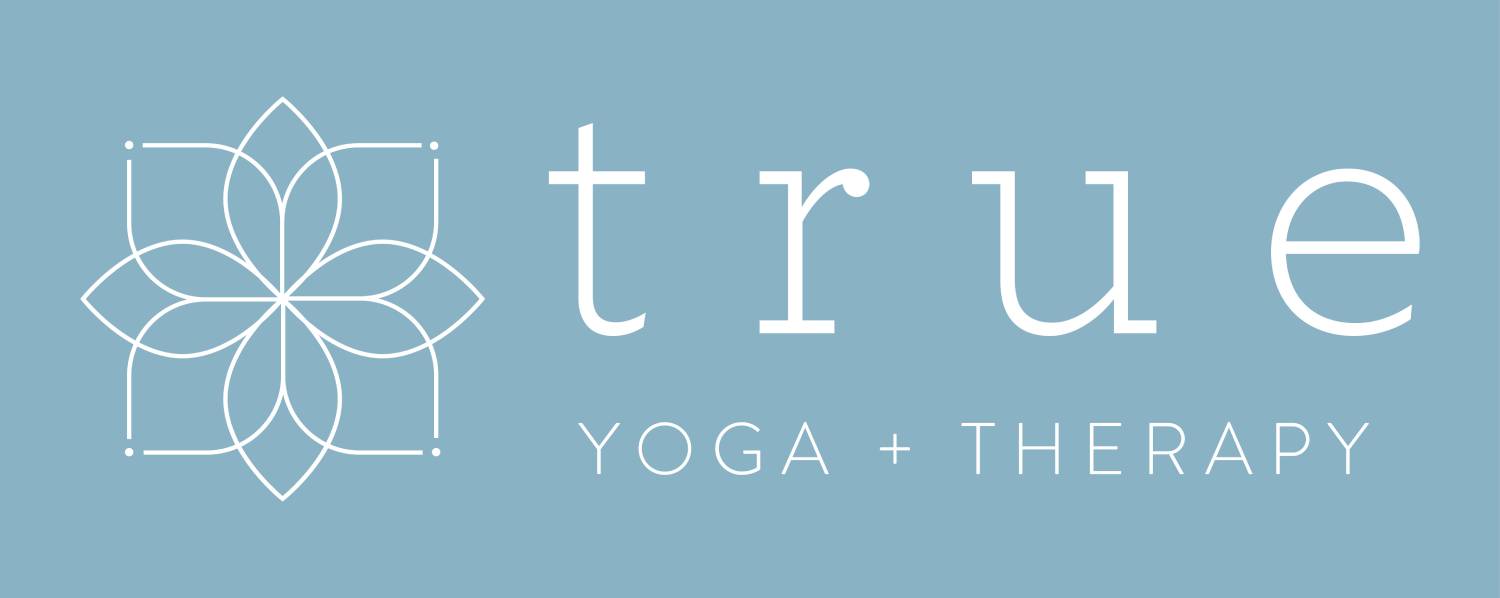In our modern society, the pursuit of a balanced work-life environment has become a central focus. With the rise of digital technology enabling 24/7 connectivity and an increasing demand for productivity, the boundary between our professional and personal lives can often blur, leading to stress, burnout, and a decreased quality of life. Therapy can play a pivotal role in achieving and maintaining a healthier work-life balance.
Work-life balance refers to the equilibrium between professional responsibilities and personal life. It’s about having time for work, relationships, relaxation and self-improvement. This balance varies from person to person and changes throughout life. Struggling to maintain it, many individuals may experience chronic stress, anxiety or depression. This is where therapy comes into play.
Therapy provides a supportive environment where individuals can explore their feelings and thoughts about their current work-life balance and identify areas where changes can be made. Therapists can help clients set boundaries between work and home life, manage stress effectively and develop coping strategies for challenging situations.
Cognitive Behavioral Therapy (CBT), a commonly utilized therapeutic approach, is particularly effective. It helps individuals identify and challenge unhelpful thoughts, behaviors or belief systems that may be contributing to an unbalanced lifestyle. For instance, the belief that one must work late every night to be productive can be examined and reframed to allow for more personal time.
Therapy can also facilitate better time management skills. By prioritizing tasks, setting realistic goals and delegating when necessary, individuals can ensure they are making the most of their time at work, leaving more time for personal pursuits.
Moreover, therapy can equip individuals with stress management techniques such as mindfulness, deep breathing and progressive muscle relaxation. By integrating these into the daily routine, one can achieve a more relaxed state of mind, improving focus and productivity at work while also nurturing personal wellbeing.
Additionally, therapy can help individuals with assertiveness training, enabling them to set boundaries and say no when necessary. Assertiveness is crucial for preventing over-commitment at work and protecting personal time.
Finally, therapy promotes self-care, a key component of work-life balance. Through therapy, individuals can recognize the importance of setting aside time for activities they enjoy and ensuring their physical and mental health needs are met.
It’s important to note that achieving work-life balance isn’t about reaching a perfect state where work and life are completely separate and equal in time. It’s about finding a flexible equilibrium that allows you to feel fulfilled and content in both areas of your life.
True Yoga Therapy can guide you in this journey, providing you with the tools to manage your professional life without sacrificing your personal time and wellbeing. Through therapy, a healthier, more fulfilling work-life balance is attainable. It’s a worthwhile investment in your overall quality of life.

